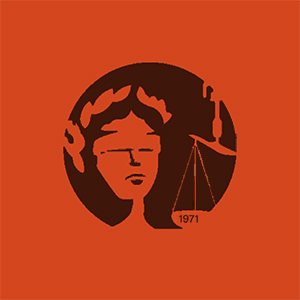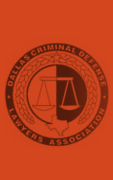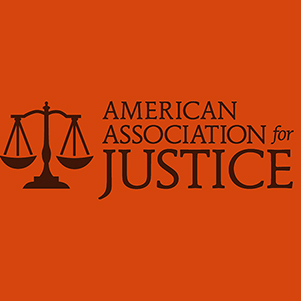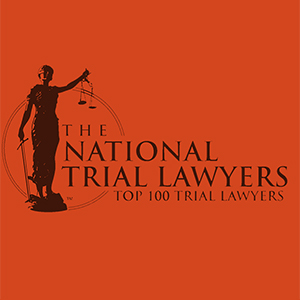Pornography laws in Texas don’t outlaw pornography in general. They typically serve to protect vulnerable individuals from being the subjects of pornographic images. They may also protect vulnerable people from exposure to offensive or harmful content. Vulnerable people may include children and those who don’t consent to visual recording.
Pornography laws in Texas to be aware of include the following:
Texas Penal Code Sec. 21.15. INVASIVE VISUAL RECORDING
This pornography law in Texas is part of the section of the sexual offenses section of the Texas Penal Code. Someone commits invasive visual recording if they do any of the following:
- Photograph or otherwise record or broadcast an image of an intimate area of a victim’s body, if that victim should reasonably expect for said intimate area to not be in public view
- Photograph or otherwise record or broadcast an image of someone in a bathroom or changing room
- Promote the above types of images or recordings, knowing the nature of those images and recordings when doing so
The person must commit the above acts without a victim’s consent for their acts to qualify as invasive visual recording. They must also commit the above acts with the intention of violating a victim’s privacy.
Invasive visual recording is a state jail felony in Texas. Chapter 12 of the Texas Penal Code describes the penalties for different types of crimes in the state. Penalties for a state jail felony in Texas are:
- 180 days to two years in state jail
- A fine of up to $10,000
The law also states that the presence of a sign saying a person is being photographed or recorded doesn’t constitute consent.
Under this law, someone’s conduct may sometimes pose a violation of both this law and other laws. For example, some Internet sex crimes may overlap with invasive visual recording in certain contexts. A court may prosecute someone under either law in these scenarios.
Texas Penal Code Sec. 43.26. POSSESSION OR PROMOTION OF CHILD PORNOGRAPHY
This chapter focuses on public indecency crimes. Under the law, someone may be guilty of possession or promotion of child pornography if they:
- Knowingly and intentionally possess or try to access pornography featuring children under the age of 18, and
- They know the pornographic materials they’re viewing feature a child.
Possession or promotion of child pornography is usually a felony of the third degree in Texas. Penalties for felonies of the third degree include:
- A prison term of two to 10 years
- A fine of up to $10,000
Possession or promotion of child pornography is sometimes a felony of the second degree. This is the case when:
- Someone has previously been convicted of possession or promotion of child pornography, or
- Someone possesses ten or more but fewer than 50 pornographic images or depictions of children.
Possession or promotion of child pornography may be a felony of the first degree in Texas if:
- Someone has been previously convicted of possession or promotion of child pornography twice or more, or
- Someone possesses 50 or more pornographic images or depictions of children, or they possess a pornographic video featuring a depiction of sexual assault against a child.
Penalties for a felony of the second degree in Texas are:
- A prison term of two to 20 years
- A fine of up to $10,000
Penalties for a felony of the first degree in Texas are:
- Life in prison, or a prison term of at least five years and at most 99 years
- A fine of up to $10,000
These differences in penalties highlight the importance of confirming all the details of someone’s charges.
Texas Penal Code Sec. 43.22. OBSCENE DISPLAY OR DISTRIBUTION
Someone is guilty of obscene display or distribution in Texas if they knowingly or intentionally display an obscene image without considering its potential to offend or alarm someone who is present.
Obscene display or distribution is a Class C misdemeanor in Texas. The penalty for a Class C misdemeanor is a fine of up to $500.
Texas Penal Code Sec. 43.24. SALE, DISTRIBUTION, OR DISPLAY OF HARMFUL MATERIAL TO MINOR
Under this Texas pornography law, harmful material is material whose dominant theme:
- Appeals to a minor’s excessive interest in sex, nudity, or excretion,
- Goes against the adult community’s general standards regarding acceptable material for a minor, and
- Has no redeeming social value for someone under 18 years of age.
Someone may be guilty of sale, distribution, or display of harmful material to a minor if they do any of the following:
- Sell, distribute, or display harmful material to a minor, or possess such material with the intention of doing so
- Recklessly display harmful material without considering whether a minor is present
- Hire or otherwise enlist the help of a minor to engage in either of the above two acts.
This crime is usually a Class A misdemeanor in Texas. Penalties for Class A misdemeanors may include:
- A fine of up to $4,000,
- A jail term of up to one year, or
- Both.
However, this crime may be a felony of the third degree. It becomes a felony of the third degree when a person employs or uses a child to display or sell harmful material to a minor. It’s also a felony of the third degree if the person employs or uses a child to recklessly display harmful material in a minor’s presence.
Contact a Texas Pornography Crimes Defense Attorney
A charge of a pornography crime in Texas can have serious implications for your future. Various details about your case may also influence the penalties you face.
The laws cited above also include many potential defenses against such charges. If you’re facing charges, it’s important not to assume the worst. A strong defense may help you avoid excessive penalties. If you’re innocent, a lawyer can highlight weaknesses in the prosecution’s case.
What’s most important is not waiting to contact an attorney. At the Law Offices of Mark T. Lassiter, a Texas pornography crimes defense lawyer is ready to get started on your case. Learn more by contacting us online or calling us at (214) 845-7007 for a free case review.








